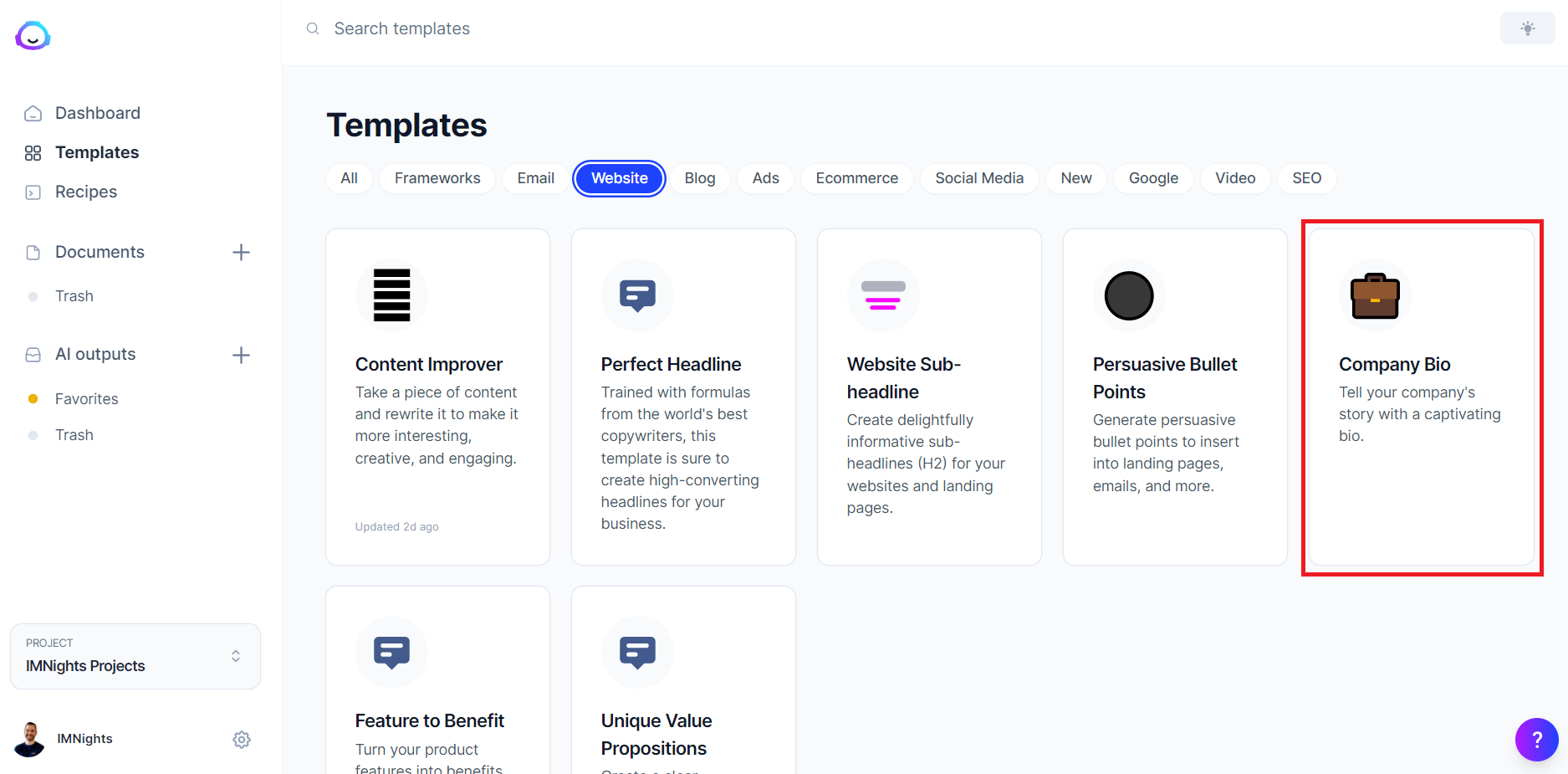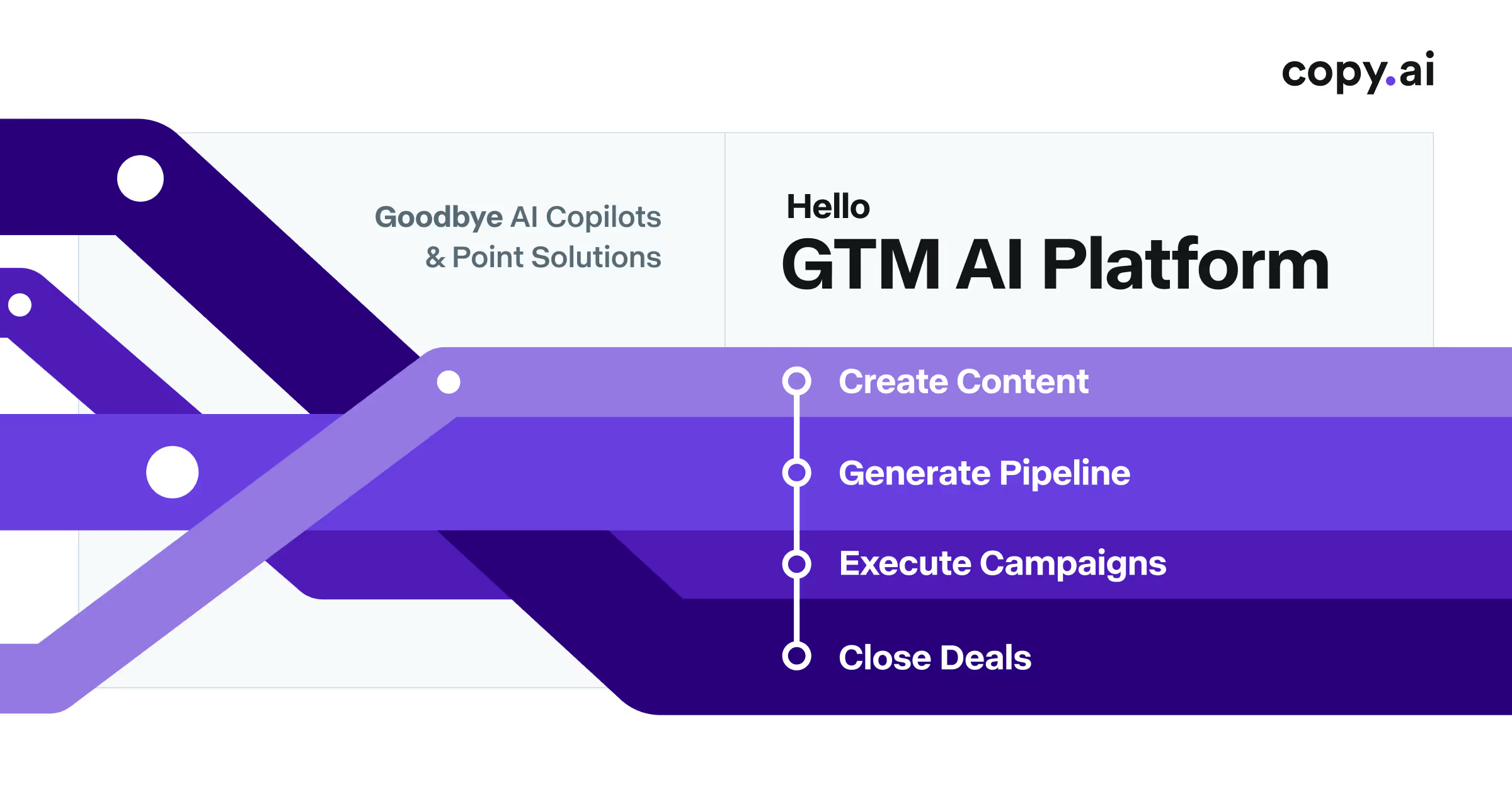1. Why is AI the New Trend in Digital Marketing?
AI has become an indispensable part of modern digital marketing strategies, thanks to its ability to analyze big data and optimize marketing processes. With rapid technological advancements, businesses can leverage AI to gain deeper insights into customer behavior, creating more personalized and effective marketing campaigns. Applying AI to digital marketing not only saves time and resources but also enhances the ability to predict market trends, enabling marketers to make smarter decisions.
1.1. The Growth of AI Technology
The advancement of AI technology has opened up numerous opportunities for businesses in digital marketing. Technologies such as machine learning and deep learning allow marketers to analyze data more quickly and accurately than ever before. This helps them better understand customer needs and preferences, delivering personalized experiences that boost engagement and customer loyalty.
Moreover, AI helps optimize advertising processes, from identifying target audiences to adjusting ad budgets effectively, ensuring businesses achieve the best results at reasonable costs.
1.2. The Importance of AI in Optimizing Marketing Strategies
AI not only optimizes marketing processes but also provides deep insights into customer behavior and preferences. By using machine learning algorithms, marketers can analyze data from various sources to detect behavioral patterns and consumer trends. This allows them to adjust marketing strategies flexibly and timely, ensuring that messages and content reach the right audience at the right time. Additionally, AI-driven data analysis enables businesses to predict market demands, optimizing resources and budgets more efficiently.
2. Popular AI Tools for Digital Marketing
2.1. Data Analytics and Predictive Tools
Data analytics and predictive tools are becoming essential for marketers in optimizing their strategies. These tools not only collect and process data from multiple sources but also provide deep insights into customer behavior. Platforms such as Google Analytics and HubSpot use AI to analyze user data, delivering precise predictions about consumer trends and market demands.
With these capabilities, businesses can quickly and effectively adjust their marketing campaigns, ensuring they stay ahead in a highly competitive market.
2.2. Automated Content Creation Tools
Automated content creation tools are becoming a crucial part of modern digital marketing strategies. These tools use AI to generate high-quality content quickly and efficiently, helping marketers save time and effort.
Jasper AI
Jasper (formerly Jarvis) is a powerful AI writing platform designed for marketers, bloggers, and businesses. It utilizes advanced language models to create high-quality content in minutes.
Key Features:
-
- Blog and PR writing: Generates long-form blog posts with logical structure, optimizing SEO through keyword, title, and meta description enhancements.
- Product Descriptions: Creates compelling and SEO-friendly product descriptions suitable for e-commerce platforms like Shopify and Amazon.
- Social Media Content: Generates captions, LinkedIn posts, and ad copy for Facebook, TikTok, and Instagram in various styles.
- Email Marketing: Supports automated email writing, from cold emails to follow-ups, personalizing and optimizing marketing campaigns.
- Editing and Content Optimization: Not only generates content but also helps users edit, proofread, and enhance writing style for better engagement.

Copy.ai
Copy.ai is an AI-powered content generation platform ideal for individuals, SMEs, and marketing teams.
Key Features:
- Blog Content Generation: Helps create introductions, body text, conclusions, or full blog articles in minutes.
- Product Descriptions: Assists in writing captivating product descriptions for websites, Amazon, eBay, and other e-commerce platforms.
- Advertising and Marketing Content: Generates engaging ad copy for Google Ads, Facebook Ads, and Instagram Ads with optimized conversion potential.
- Social Media Content: Provides hundreds of content templates for Facebook, Twitter, LinkedIn, and Instagram to maintain customer engagement.
- Sales Emails: Supports the creation of sales pitches, customer engagement emails, and email marketing campaigns.

Benefits of AI-Powered Content Tools:
- Time-saving: AI can generate content within minutes with just a few keywords or ideas.
- SEO Enhancement: These tools optimize content with relevant keywords, improving search engine rankings.
- Cost Reduction: Businesses can generate high-quality content without the need for a large writing team.
- Consistent Online Presence: Ensures regular content updates with minimal effort.
- Focus on Strategy: Reduces manual content creation workload, allowing marketers to focus on broader strategies.
2.3. Customer Experience Optimization Tools
Customer experience optimization tools are essential in modern digital marketing, enabling businesses to create personalized interactions for each customer.
Optimizely – Digital Experience Platform (DXP)
Optimizely is a leading platform for optimizing digital experiences, allowing businesses to experiment and personalize content effectively.
Key Features:
- A/B & Multivariate Testing: Tests multiple versions of a webpage to determine the highest conversion rate.
- AI-Powered Content Optimization: Uses AI to adjust content and design based on individual visitor behavior.
- Data-Driven Personalization: Analyzes real-time user behavior to provide relevant content for different audience segments.
- Predictive Automation: AI predicts customer interactions, dynamically adjusting layouts and CTAs to enhance performance.
- Cross-Platform Integration: Connects with other marketing tools such as CRM, CMS, and e-commerce platforms.
Adobe Experience Cloud – Comprehensive Customer Experience Solution
Adobe Experience Cloud (AEC) is a robust suite of tools designed to optimize the customer journey through data analytics, content personalization, and automated marketing.
Key Features:
- Adobe Target (AI-driven Optimization & Personalization): Uses AI to dynamically adjust content, layouts, and CTAs for each audience.
- Adobe Sensei (AI-powered Insights): AI technology that analyzes user data and provides optimization recommendations.
- Adobe Analytics (Customer Behavior Analysis): Offers deep insights into user behavior across web and mobile platforms.
- Adobe Campaign (Multichannel Marketing Automation): Enables personalized messaging via email, SMS, mobile apps, and ads.
- Adobe Experience Manager (Content Management): A CMS for efficiently creating and managing digital content across platforms.
3. Predictive Analytics in Digital Marketing

3.1. Concept and Benefits of Predictive Analytics
Predictive analytics in digital marketing is a method that leverages historical data and machine learning algorithms to anticipate future customer behavior. Its benefits include campaign optimization, enhanced customer experiences, and cost efficiency. By understanding customer preferences, businesses can fine-tune their marketing strategies to boost conversion rates and revenue. Additionally, predictive analytics enables early trend detection, helping marketers seize opportunities and mitigate risks in an ever-changing market.
3.2. How Predictive Analytics Works
Predictive analytics gathers and processes data from multiple sources, applying machine learning algorithms to identify behavioral patterns and consumption trends. The process involves collecting historical customer data, such as purchase history, social media interactions, and previous marketing campaign responses. These insights help marketers predict buying intent, optimize targeting strategies, and maximize business efficiency.
IV. Challenges in Integrating AI into Digital Marketing
4.1. Data Reliability Issues
One of the biggest challenges in AI-powered digital marketing is ensuring data reliability. Inaccurate or incomplete data can lead to flawed decision-making, negatively impacting campaign effectiveness. Businesses must invest in data validation tools and processes to ensure AI models function on a strong data foundation.
4.2. Dependence on Technology
Over-reliance on AI tools can pose risks if technology fails. Businesses should develop contingency plans and train employees to manage disruptions effectively. Combining AI with traditional marketing methods can create a balanced approach, ensuring flexibility and creativity in marketing strategies.
V. Conclusion and Future Outlook of AI in Digital Marketing
AI will continue to play a critical role in shaping digital marketing strategies, enhancing automation, and optimizing processes. Businesses will increasingly use AI for data-driven decision-making and predictive analytics to deliver hyper-personalized experiences. As AI and machine learning evolve, marketers must embrace innovation to maintain a competitive edge and maximize customer engagement in the digital age.




